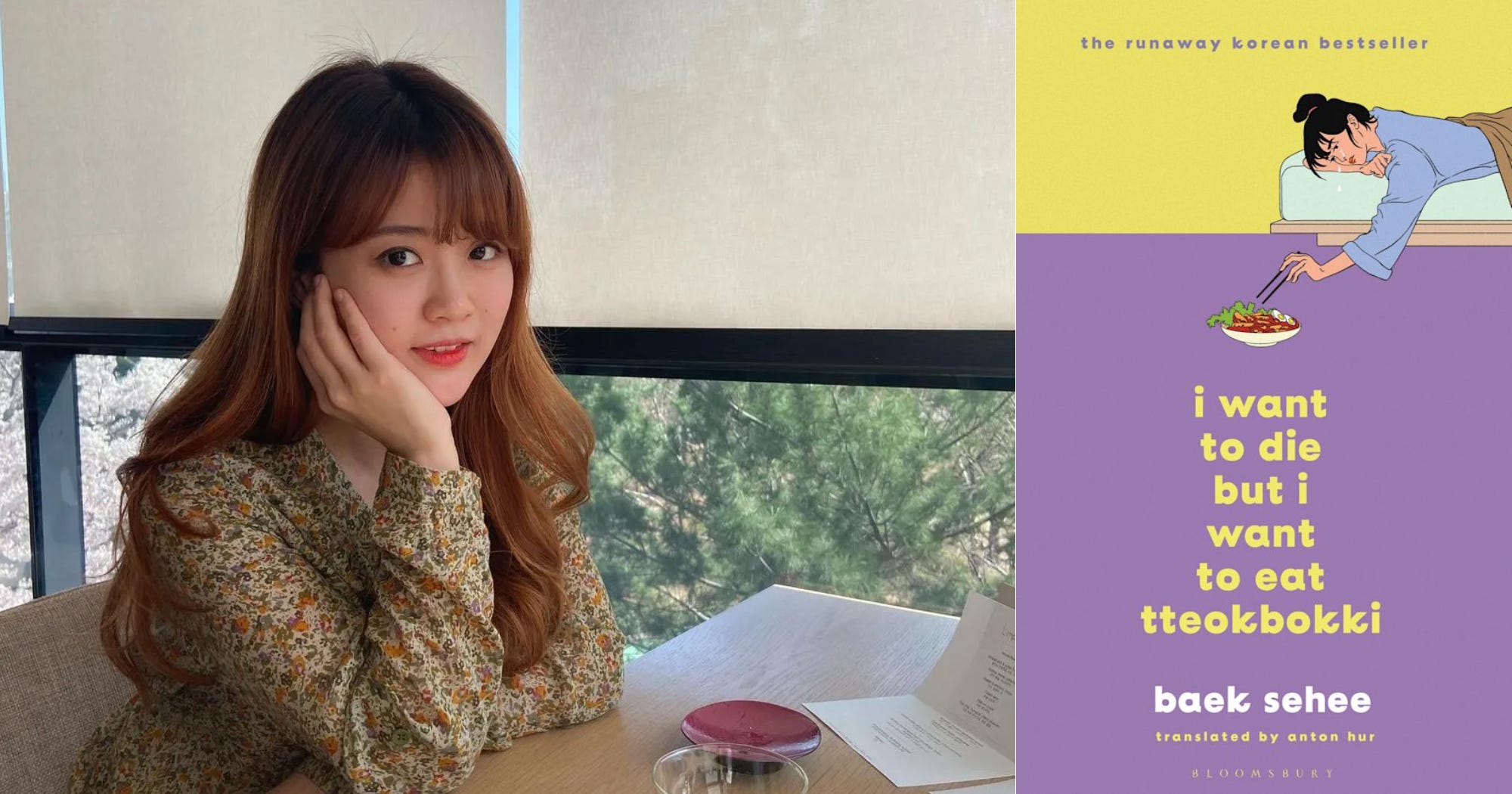Baek Se-hee, Author of I Want To Die But I Want To Eat Tteokbokki, Dies at 35 — Leaving Behind a Legacy of Vulnerability and Hope
Prior to her death, the author opened up about her depression and anxiety in the 2018 best-selling memoir, “I Want to Die but I Want to Eat Tteokbokki.”
Baek Se-hee, the South Korean author whose quiet honesty helped millions confront their own hidden pain, has died at the age of 35. The Korean Organ Donation Agency announced her passing on Thursday, without disclosing the cause of death.
Baek became a literary voice for a generation that often felt unheard. Her memoir, I Want To Die But I Want To Eat Tt…





